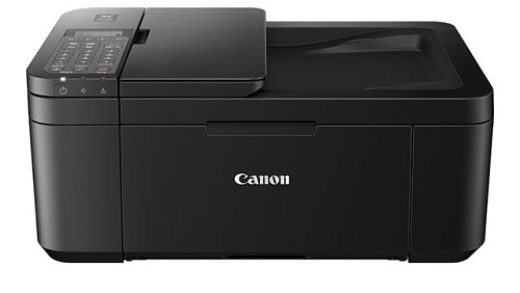Maintaining a healthy gut is crucial for overall well-being. A balanced and diverse diet plays a significant role in promoting gut health. In this blog post, we will explore the various foods that can heal your gut and improve digestion. From probiotics to prebiotics and other gut-friendly nutrients, we will delve into the science-backed benefits of these foods and provide practical tips for incorporating them into your diet.
1. Probiotic-rich Foods:
Probiotics are beneficial bacteria that promote a healthy gut microbiome. Including probiotic-rich foods in your diet can help restore the balance of gut bacteria and improve digestion. Some examples of probiotic-rich foods include:
– Yogurt: Choose plain, unsweetened yogurt with live and active cultures.
– Kefir: A fermented milk drink that contains a diverse range of probiotics.
– Sauerkraut: Fermented cabbage that provides beneficial bacteria and enzymes.
– Kimchi: A traditional Korean dish made from fermented vegetables, rich in probiotics.
2. Prebiotic Foods:
Prebiotics are non-digestible fibers that serve as food for probiotics, helping them thrive in the gut. Including prebiotic foods in your diet can support the growth of beneficial bacteria. Here are some prebiotic-rich foods to consider:
– Garlic: Contains inulin, a prebiotic fiber that promotes the growth of beneficial bacteria.
– Onions: Rich in fructooligosaccharides (FOS), a type of prebiotic fiber.
– Bananas: Provide resistant starch, which acts as a prebiotic and supports gut health.
– Asparagus: Contains inulin and other prebiotic fibers that nourish gut bacteria.
3. Fiber-Rich Foods:
A diet high in fiber is essential for a healthy gut. Fiber adds bulk to the stool, promotes regular bowel movements, and supports the growth of beneficial gut bacteria. Include the following fiber-rich foods in your diet:
– Whole Grains: Opt for whole wheat, oats, quinoa, and brown rice.
– Legumes: Beans, lentils, and chickpeas are excellent sources of fiber.
– Berries: Raspberries, blackberries, and blueberries are high in fiber and antioxidants.
– Leafy Greens: Spinach, kale, and Swiss chard provide fiber and other essential nutrients.
4. Omega-3 Fatty Acids:
Omega-3 fatty acids possess anti-inflammatory properties and can help reduce gut inflammation. Incorporate the following omega-3-rich foods into your diet:
– Fatty Fish: Salmon, mackerel, and sardines are excellent sources of omega-3s.
– Chia Seeds: These tiny seeds are packed with omega-3 fatty acids and fiber.
– Flaxseeds: Ground flaxseeds provide omega-3s and can be easily added to meals.
– Walnuts: A handful of walnuts provides omega-3s and other beneficial nutrients.
5. Bone Broth:
Bone broth is rich in collagen, gelatin, and amino acids that support gut health. It helps repair the gut lining and reduces inflammation. Consider incorporating homemade bone broth into your diet as a nourishing and gut-healing beverage.
Conclusion:
A healthy gut is essential for overall health, and incorporating gut-healing foods into your diet can significantly improve digestion and well-being. By including probiotic-rich foods, prebiotics, fiber, omega-3 fatty acids, and bone broth, you can support a diverse gut microbiome and promote optimal gut health. Remember to consult with a healthcare professional or registered dietitian for personalized advice and to address any specific dietary concerns. Start making small changes today to reap the long-term benefits of a healthy gut.




